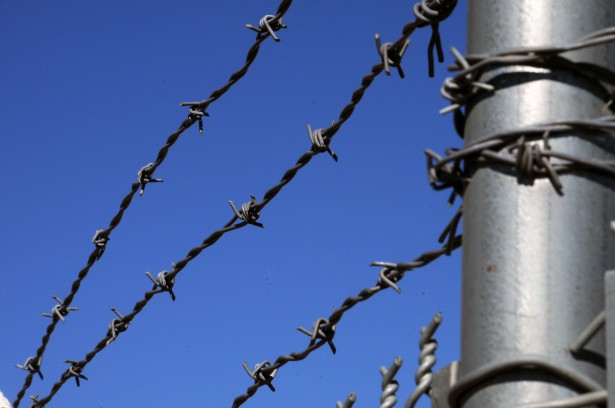
What Happened?
A Ramallah court ordered that dozens of Palestinian websites and social media channels critical of PA President Mahmoud Abbas be blocked, in a move likely pushed by the Palestinian Authority. The prosecution argued that the content is harmful to the PA and will likely spark lawlessness. Many Palestinians oppose this decision, and the Palestinian Press Association called the decision a “black day for Palestinian journalism and a fatal blow to freedom of expression in the Palestinian arena.”
Why Does This Matter?
Freedom of Expression – Today, freedom of speech and freedom of the press are basic human liberties in a free society. To censor news and social media sites severely impinges on citizens’ freedom of expression. Unfortunately, this activity on the part of the PA isn’t new, which has a history of restriction. Read on for some examples.
Democracy? Sort of. Yes, Abbas was elected democratically in 2005. But the four-year term to which he was elected has stretched indefinitely, and it’s hard to call the atmosphere in the West Bank today democratic. In the past few years, Abbas has shut down news and social media sites that criticize him. In May, many criticized the circulation of a pamphlet entitled “Our Role Model the President” in schools, claiming that it befits a “tyrannical regime.” Also recently, the PA banned LGBTQ activities in the West Bank. The PA may have come into being through a democratic process, but it is lacking the principles of a democratic society.
Israelis, Palestinians’ Neighbors – It’s hard to speak about the Palestinian experience of free expression without contrasting it with Israel’s. Israel has quite the opposite experience of free speech – Israelis are known for their chutzpah and willingness to challenge authority. Israeli media outlets take leaders to task regularly, between scathing articles, harsh tweets, mocking videos, and more. Debate and open criticism are woven into the fabric of Israeli culture.
Diversity of Perspectives
PA magistrate court judge Mohammed Hussein, who issued the order, stated that the sites “published photos and articles on the Internet that threaten national security and civil peace and disrupt public order and public morals.” PA Attorney General Akram al-Khatib defended the decision, explaining that his office received complaints against the sites.
Many Palestinians have blasted the decision, which they view as a blatant violation of freedom of expression. There is an online campaign protesting the decision under the hashtag #BlockingisACrime. The Palestinian Journalists Syndicate called the ruling a “massacre of free speech and expression.”
Even Hamas opposed this move, though for a different reason. Hamas official Husam Badran stated: “The new decision only means the Palestinian Authority and the occupation are standing together in waging war against written and photographed Palestinian works that have exposed the occupation’s violations, corruption and crimes. We call on the PA to stop its war against Palestinian journalism that has resisted the occupation.”
Originally Published Oct 17, 2019 11:02AM EDT
